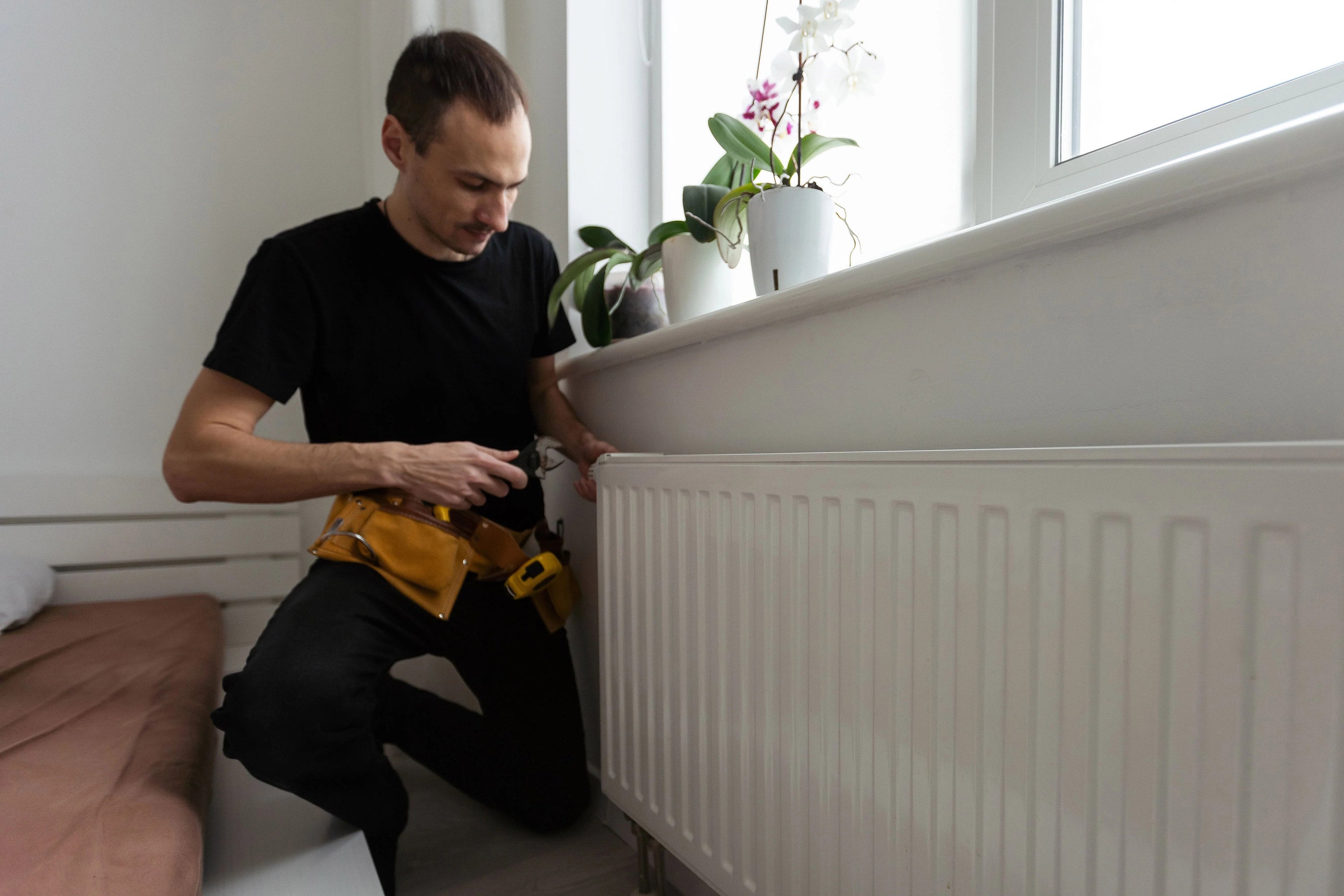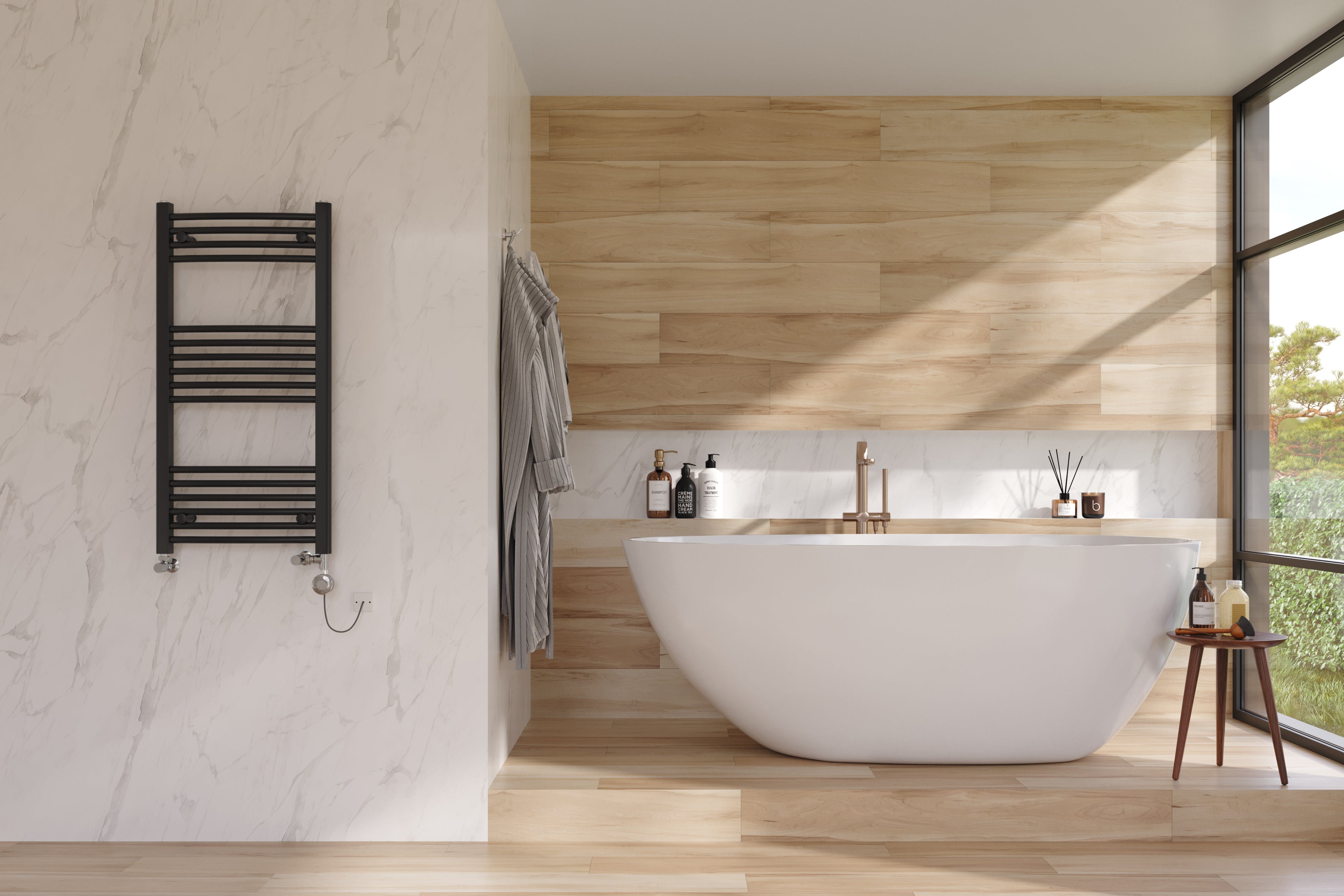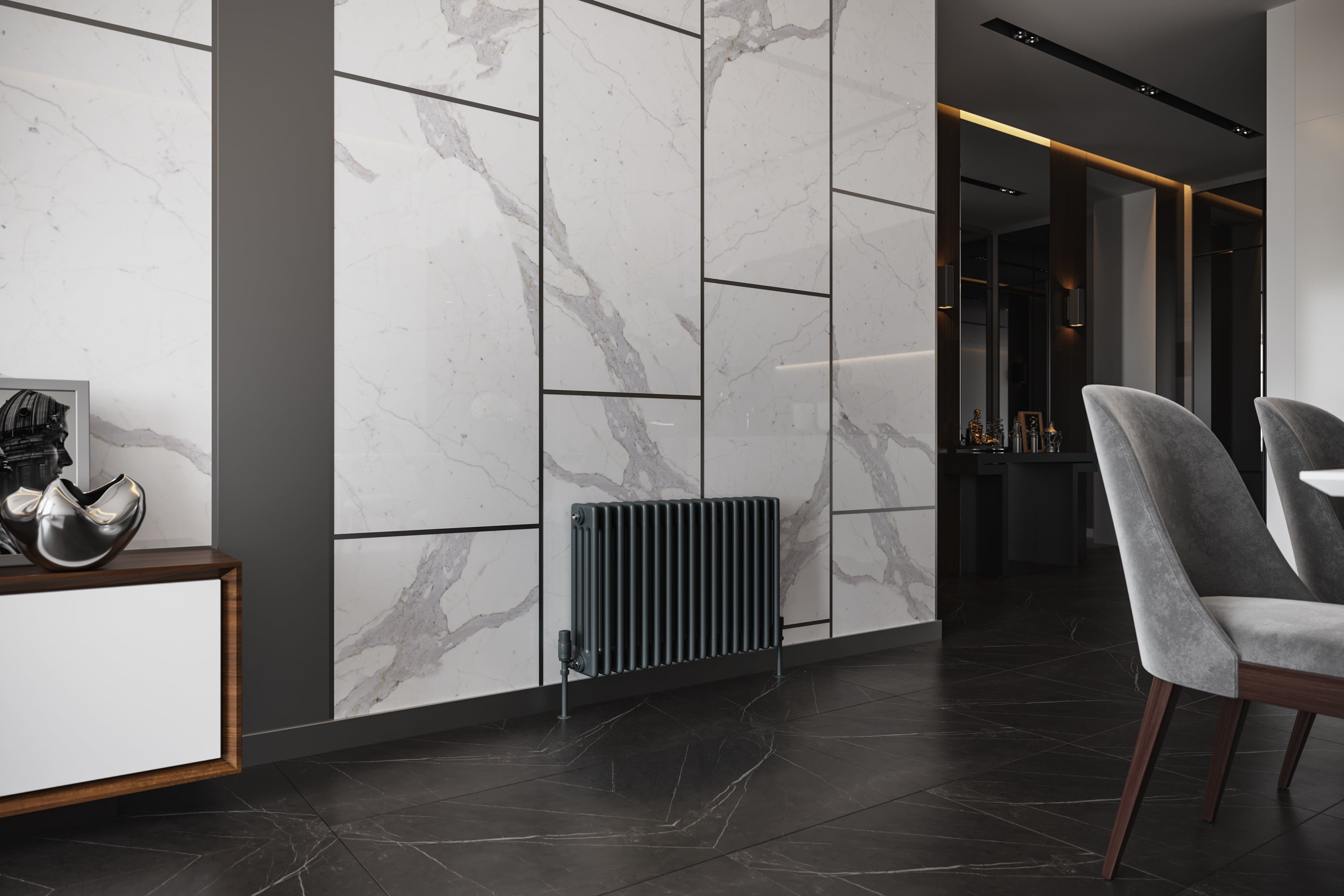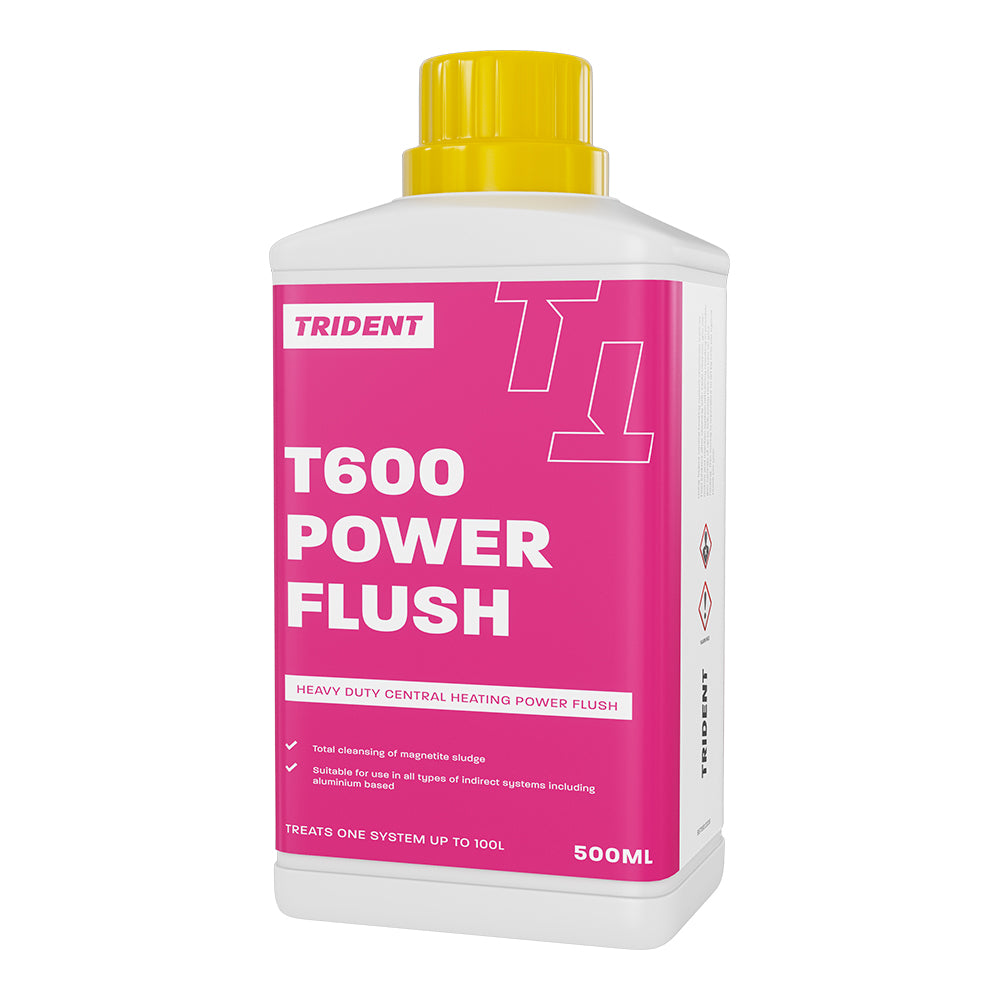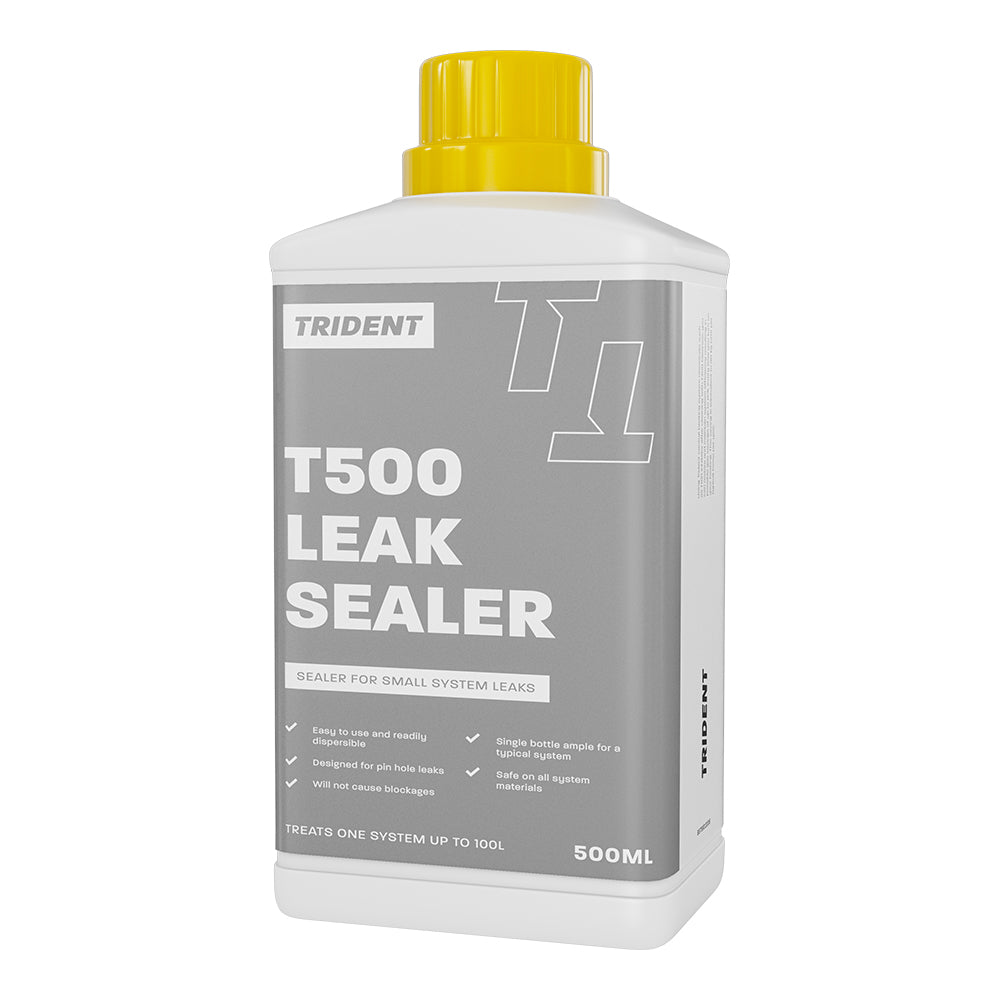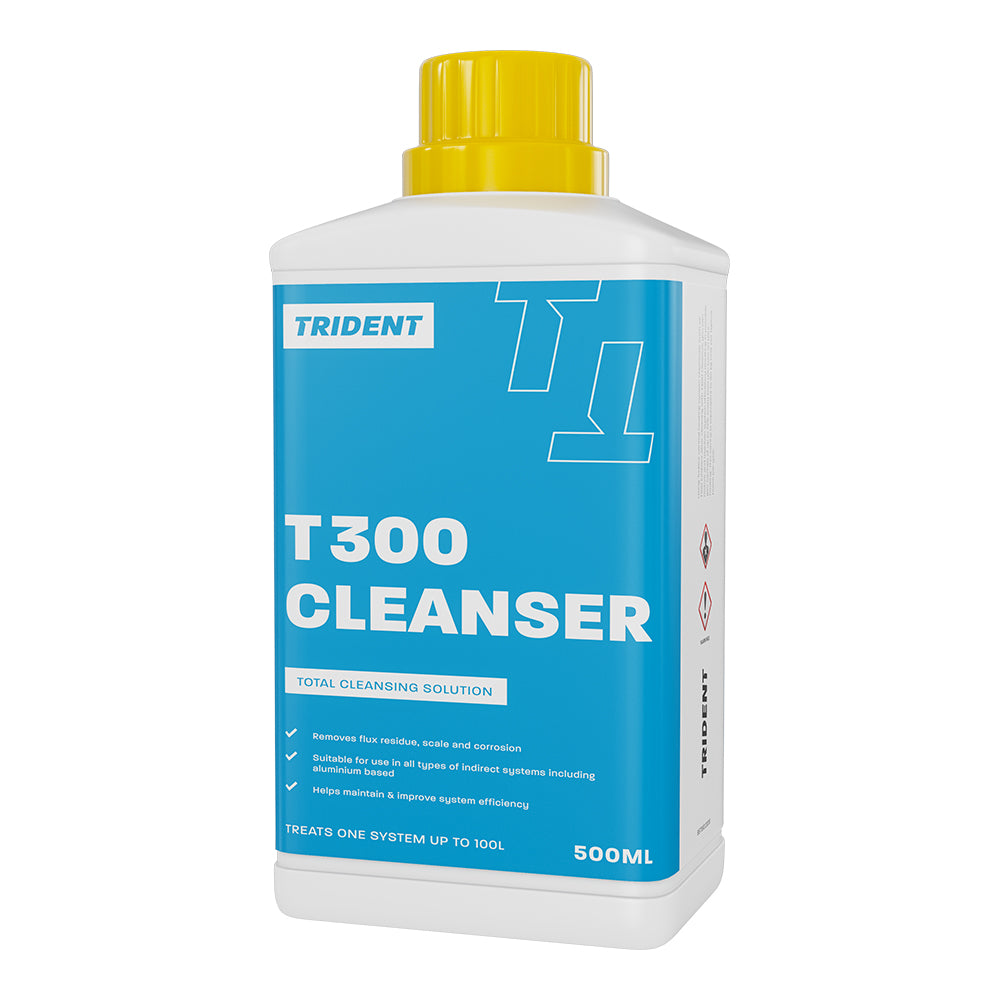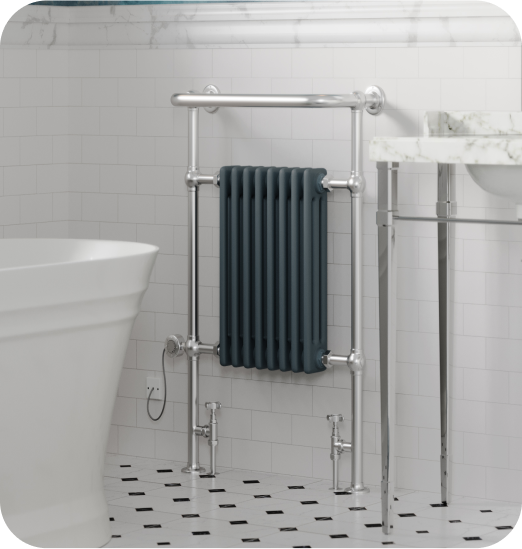There’s plenty of reasons that radiators and central heating systems make noise. From pipe expansion to air bubbles, it can be completely normal for your radiators to creak. But if you’re concerned or just curious as to whether that banging is normal or if you need to call a plumber, here’s a guide to why radiators make noise.
What are the most common radiator sounds?
Our central heating systems can make a lot of strange sounds, horror films wouldn’t be the same if we knew the radiators were on!
Some of the most identifiable and common noises coming from radiators include:
- Banging
- Gurgling
- Clicking
The most common reasons that your radiator is making noise
Unfortunately, it’s unlikely that your central heating system will be completely silent, as the water passing through the pipes to heat it creates sound and the older your system is, the more likely it is to make noises. There are five key reasons for why radiators might make noise.
1. Air
It’s quite normal for air bubbles to form in the huge network of piping that makes up your central heating system. Usually air bubbles will make a clicking noise as they move through the pipes, if there’s a lot of air in the system then your radiator can make a gurgling noise. As we said, air bubbles are a normal occurrence, but it’s best to deal with them before they become a problem. So, to resolve the problem you should
turn your system off and wait for your radiator to cool down before going in to
bleed the radiator. You might need to bleed it several times before all the air is out of the system.

2. Sludge
As your central heating system oxidises,
dark brown or black sludge can build up as a result of the corrosion. This sludge can block radiators and pipes and causes different kinds of noises in the system. To find out whether sludge is the cause of radiator noise, look out for other signs including radiators that are
not heating up at the bottom, excessive noise from the boiler or discoloured water when you’re bleeding your radiators. Taking off every radiator by yourself and cleaning it yourself in the garden might seem very tempting, but it’s not worth the risk of damaging your entire heating system and covering the cost of having it replaced. So, call a plumbing engineer to survey your radiators and tell you exactly the extent of the issue and they can service your boiler and heating system – it really is the only way. Asking your professional questions like: should the system be power flushed, should Magnetic System Filter be fitted, should each radiator be de-sludged individually, what Inhibitor should be used and how much or can you show me how to drain the system and refill it will all be handy advice to know for the future. If you’re worried about cost, remember that not all quick and easy fixes last and it is significantly cheaper to call a plumber for their services and advice now than it will be if your heating system fails in the middle of winter.
3. The natural expansion of metal
As hot water passes through your pipes, the metal will naturally expand and contract with the heat. Generally speaking, you may hear a ticking, clicking or popping sound at the start of the process, this is generally caused when the radiator pipes are close to another object, like wooden joints or floor boards and will usually stop once the metal has expanded. Other cases that this may arise could be improperly secured radiators, where the brackets have not been fitted correctly or where wall stays have been used and the radiator is expanding against these.
4. Improperly secured pipes
If you can hear a tapping noise coming from your radiator, it is more than likely that a part of the piping has come loose or has not been fitted and clipped properly. In the case that you’ve recently had something replaced you can call a plumber or try to identify and tighten the freshly installed piping yourself - be careful when trying to adjust your own heating system though, as pipes can be hot so make sure you turn it off!
5. Limescale
Limescale build up can result in a whistling, rumbling or banging noise in your central heating system. If you live in an area with hard water, you are much more likely to experience limescale build up, which is also known as “kettling”. As the build up increases, water cannot flow as freely through your central heating system, leading to a backlog of pressure that will be too much for your system to handle. Kettling is a serious boiler problem and this problem varies across the UK depending on the hardness of the water in your area. We recommend that you consult a local professional as they will know what solutions work best for your area for removing limescale, but more importantly, preventing the issue from coming back. For more radiator troubleshooting advice, have a look at our guide to
fixing a leaking radiator, or if you’re scratching your head at radiator terms, read over our
technical plumbing glossary to be able to tell your stop cock from your air lock.


















